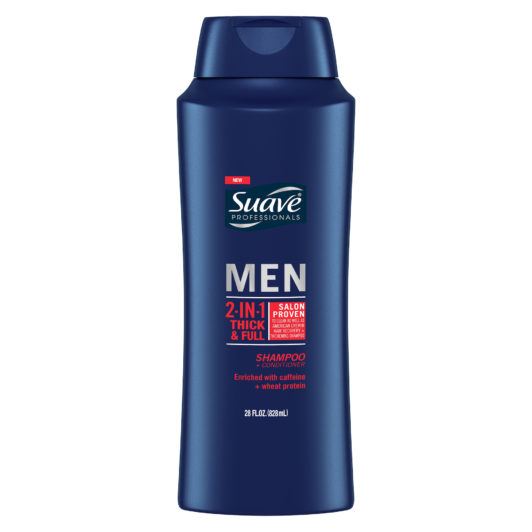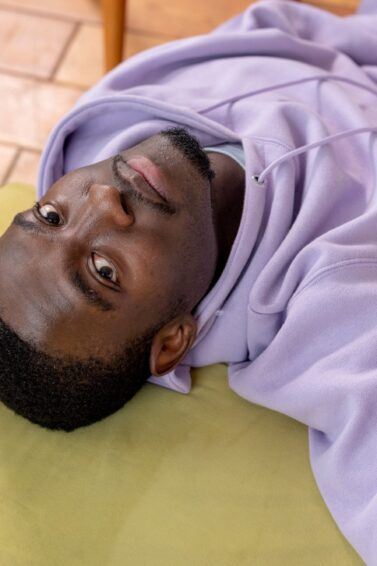
6 Barbershop Terms Every Guy Needs to Know
Because understanding your hair is key.
Let’s face it: There’s something to be said about a guy who knows exactly what he wants. True, a picture (or screenshot) can say a thousand words—and yes, barbers are very visual creatures indeed—but it’s always good to know your way around the basics. Hey, if you want a fresh cut done just the way you want it, you owe it to yourself to know some essential barbershop terms. Because you’re the one who has to live with the outcome.
Let’s life-skill the heck out of this, shall we boys? Read on:
6 Essential Barbershop Terms To Know
Knowing the difference between clipper guards to types of textures will make you and your barber’s life a whole lot easier if you know how to correctly use these barbershop terms. Plus, you’ll be left with a style you truly love. We get it, this can seem like a lot, but we’re here to help you out and it’s actually very simple. Keep scrolling for your must-know barbershop terms.
1. Clipper Barbershop Terms
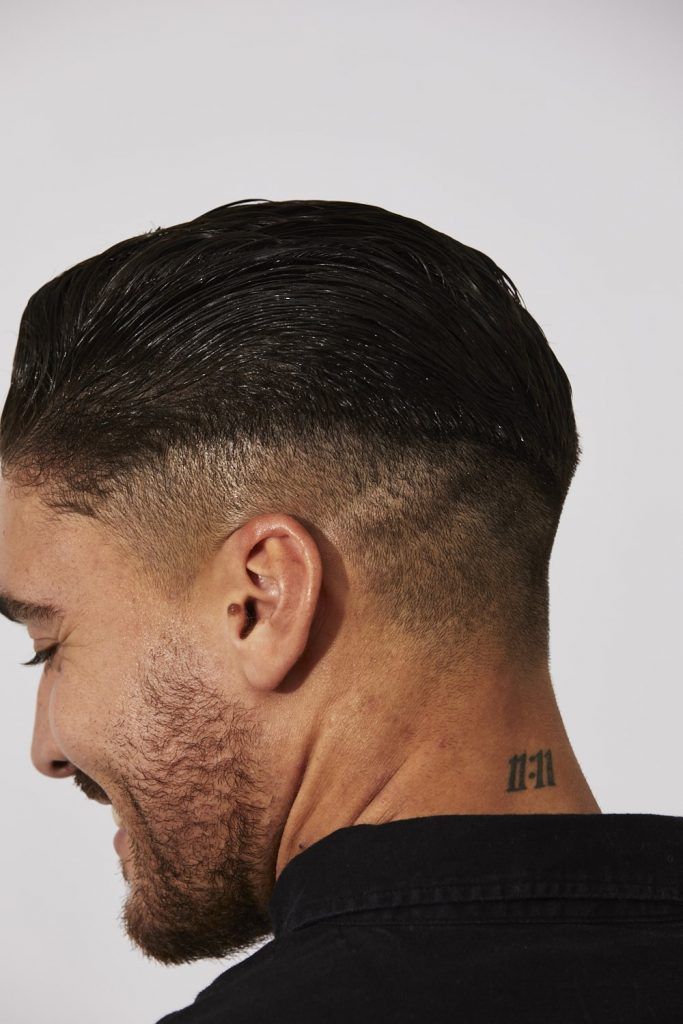
The clipper is the electric razor barbers and hairstylists use to shave your hair. Especially effective with buzz cuts, tapers, and fades, the use of a clipper requires a moderate amount of skill as the clipper guards (the number/level of shortness, see below) are pretty straightforward to use, given that you know how short you want to go.
2. Clipper Guards Barbershop Terms
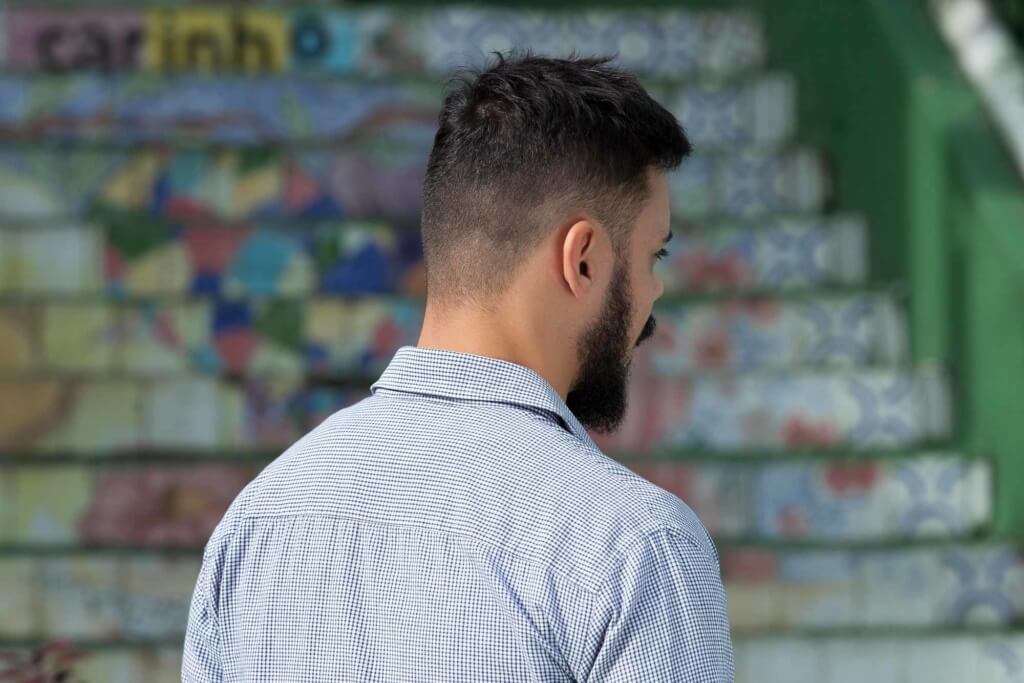
When figuring out barbershop terms, it’s best to know that clipper guards go by size or clips. Each has a specific limit that usually goes by fractions of an inch. Depending on the brand of clippers your barber uses, clips generally start from 0 (almost skinhead but with tiny fuzz) to 8 (1”). Knowing your way around clips can help take the guesswork out from your haircut and make the process—and desired result—clearer for all parties.
To illustrate:
1. Guard #0 = 1/16 inch. Best for buzz cuts, or what’s popularly referred to as a “zero all around.” Any shorter or for a total skinhead look, and your barber will use a razor.
2. Guard #1 = 1/8 inch
3. Guard #2 = 1/4 inch
4. Guard #3 = 3/8 inch. #3 is usually the guard limit in shorter styles. Fade haircuts typically have a #3 on the sides.
5. Guard #4 = 1/2 inch
6. Guard #5 = 5/8 inch. #5 and #6 guards are normally used for longer, subtler tapers, as well as when trimming the neckline.
7. Guard #6 = 3/4 inch
8. Guard #7 = 7/8 inch
9. Guard #8 = 1 inch
3. Notch Barbershop Terms
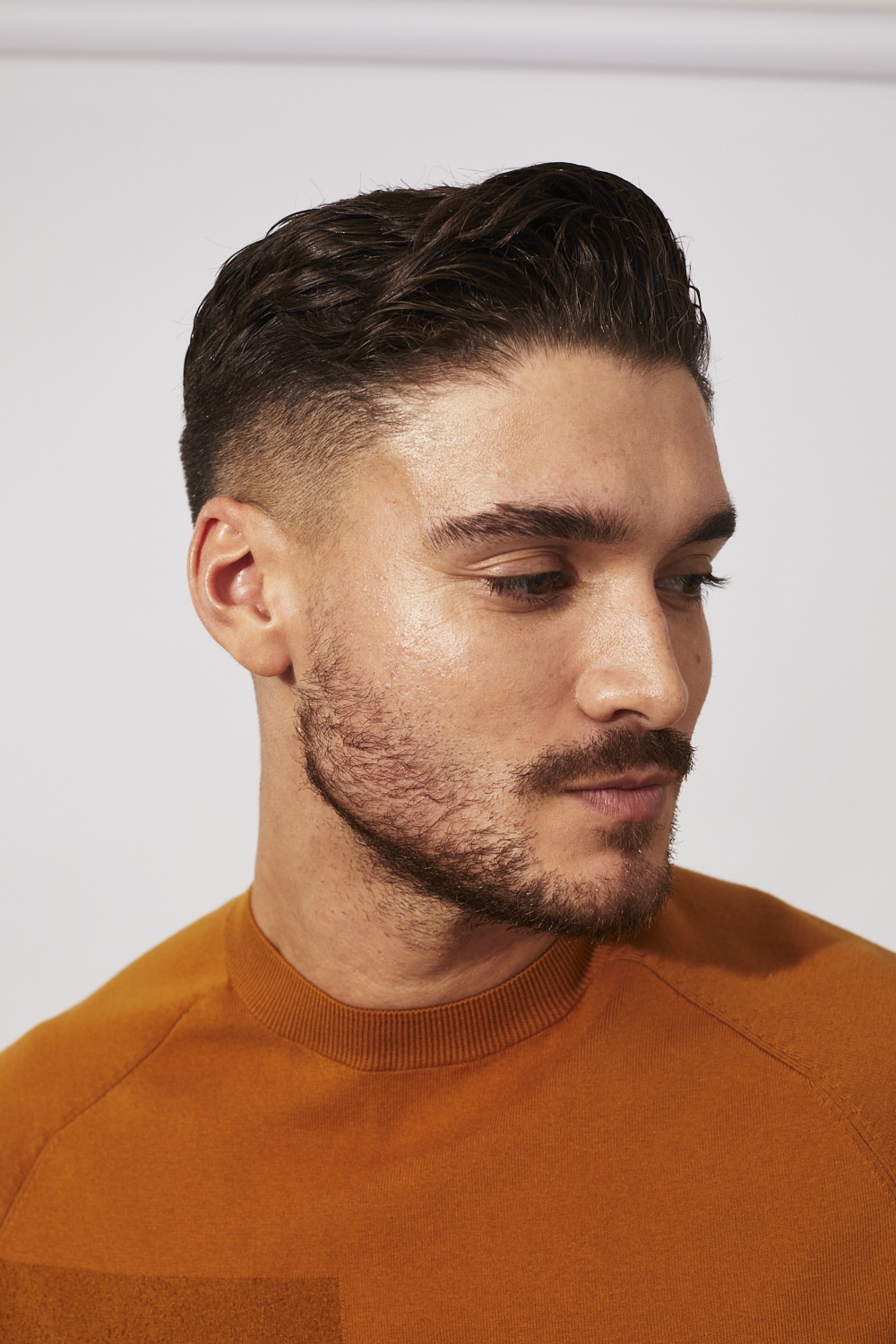
A notch/arch is one of the barbershop terms used to describe a space or area between the ears and hairline. Men with smaller ears should ask for a “high” notch for the illusion of bigger ears; otherwise, choose a “natural.”
4. Nape
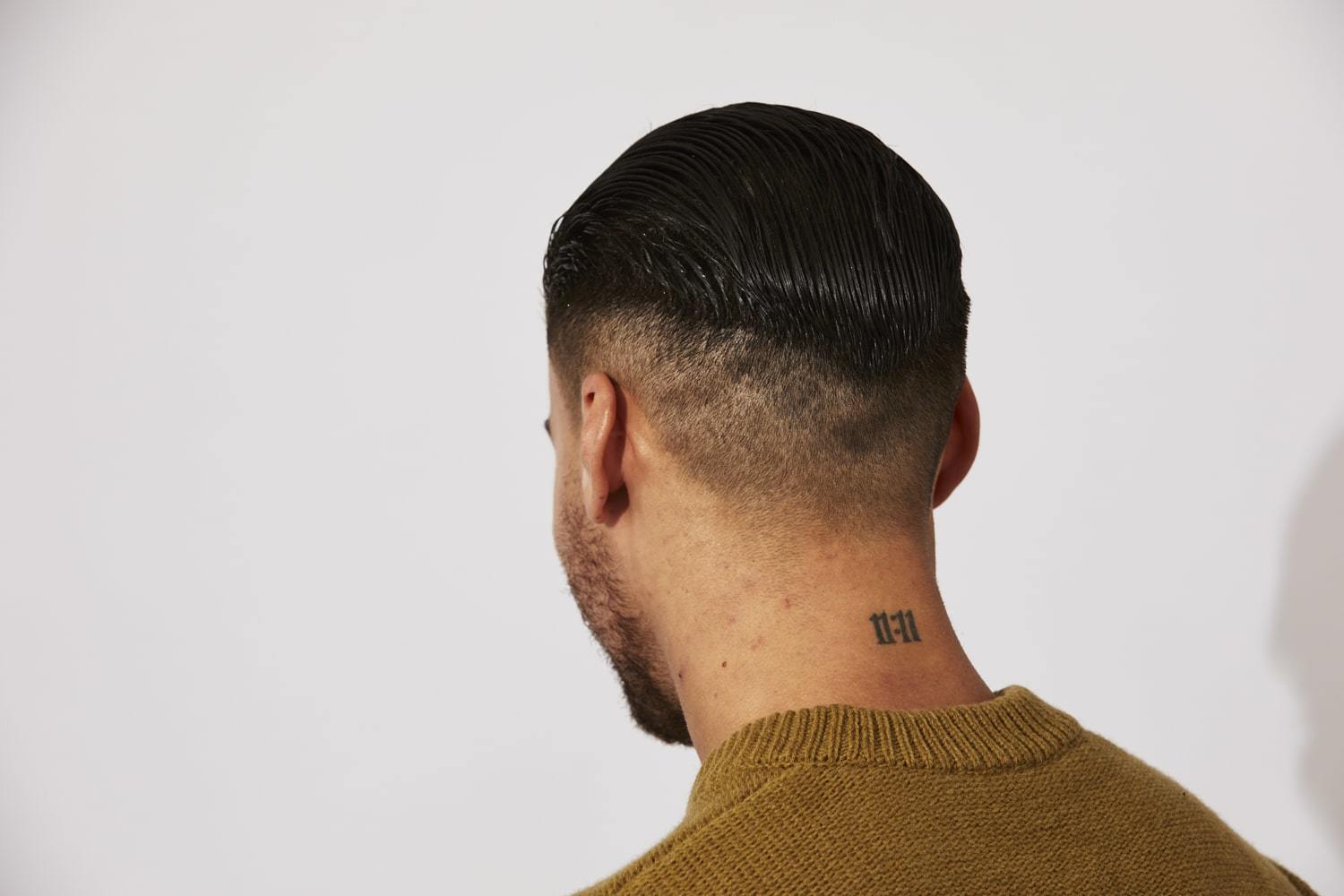
A.k.a. neckline, or the back of your neck. As far as a preference (and barbershop terms) go, you may ask for either of three styles for your nape:
Blocked Necklines
Have a straight line across your nape (and yes, some corners). Recommended for guys with thinner necks and want to make them appear wider. Not as natural-looking and needs more frequent touch-ups.
Tapered Necklines
As the name suggests, blend into your neck’s skin naturally and gradually. They look neater, fade better into your natural growth pattern, and require less upkeep.
Rounded Necklines
Similar to blocked necklines, but without the corners. Men who want to minimize or soften the look of a thicker neck usually ask for more rounded necklines. Slightly tricky to grow out.
5. Texture
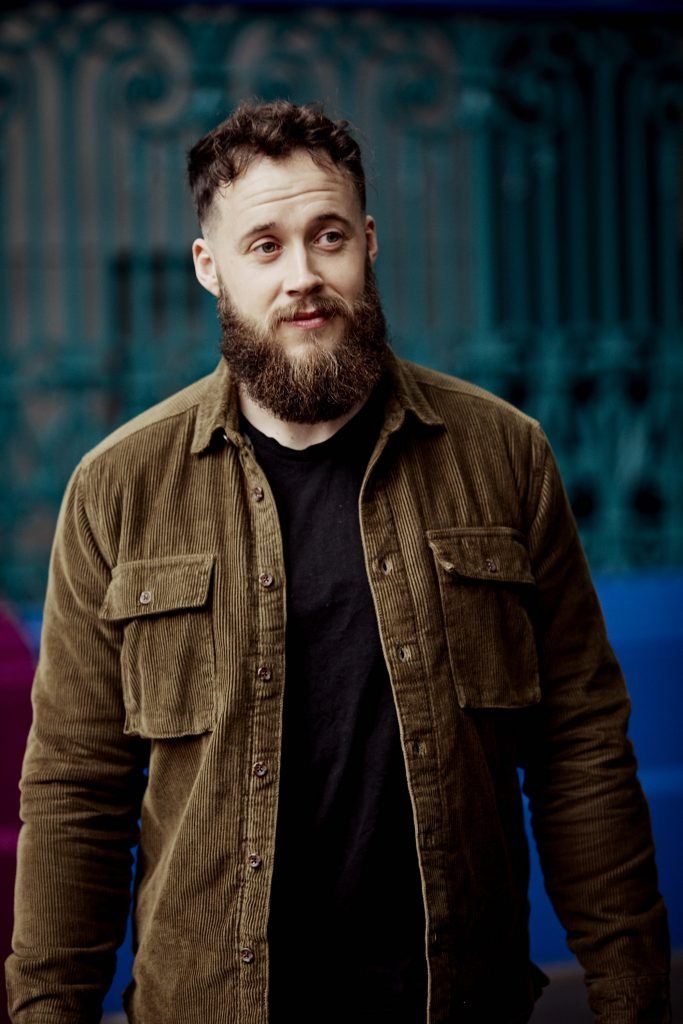
The texture is, quite literally, the feel of your hair, which varies according to your hair type. We simplified the ones that are frequently asked for:
Razored Texture
Suave
Suave Men Styling Paste
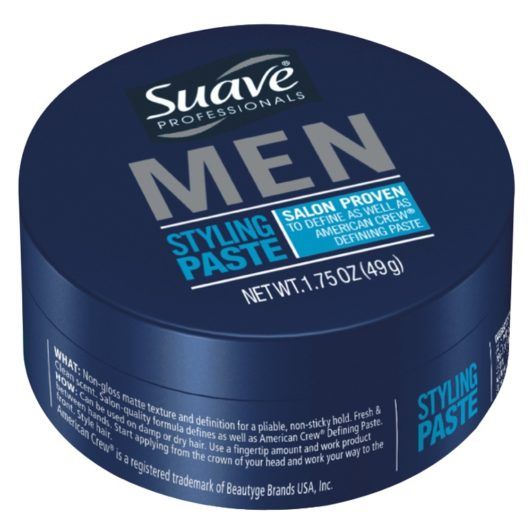
Best for thick or curly hair types, or when you want to decrease allover “poof.” Will make hair lay flatter. Give your thick strands more shape and body at home by styling with Suave Men Styling Paste.
Thinned-Out Texture
For those with really thick hair who want to lessen bulk, but still, want some volume and don’t want hair to be razored. Done with thinning shears, which are scissors specially designed for this purpose. Usually seen on clean-cut haircuts and gentlemanly crops.
Layered Texture
Great for men with thin or thinning hair, as this gives you different lengths all throughout your head. Gives the appearance of volume, fullness, and thickness, depending on the technique used by your barber. A dual shampoo like Suave Men Thick + Full 2-In-1 Shampoo + Conditioner will also help with the full appearance of your hair.
Choppy Texture
Normally seen on popular bedhead and trendy spiky haircuts is good for those with thick, straight, or wavy hair. Usually done with a point-cutting technique, which involves your barber or stylist cutting different lengths and areas at a 45-degree angle. Style hair like this at home using products like AXE Spiked-Up Look: Styling Putty to amp up your texture.
6. Fade / Taper

A fade or taper are interchangeable terms. This refers to your hair gradually getting shorter as it reaches the nape of your neck. You can pick how drastic you want the fade to be, however, knowing this term will allow you to give a deeper description of what haircut actually want.
Knowing your barber terms will make your haircut experience easier and so much better!
